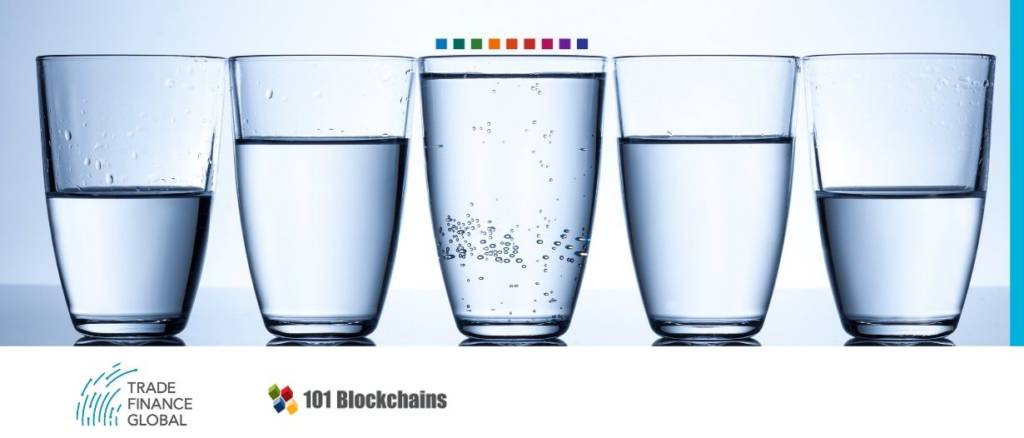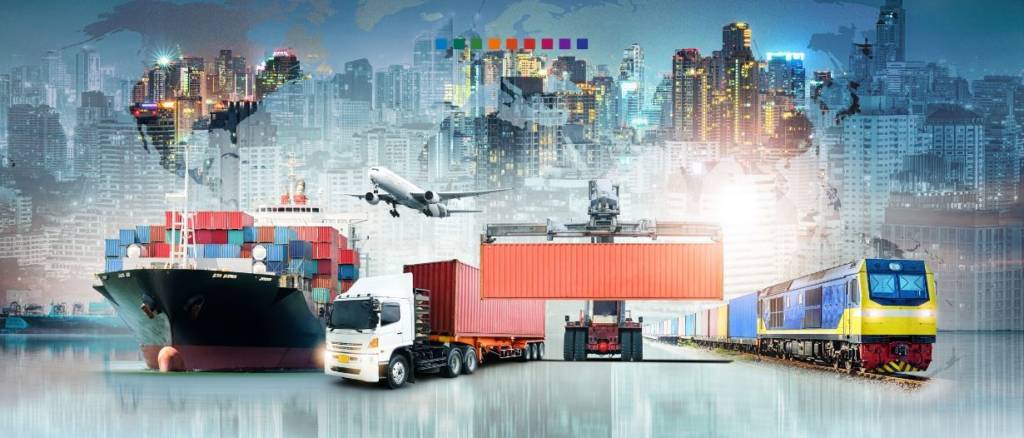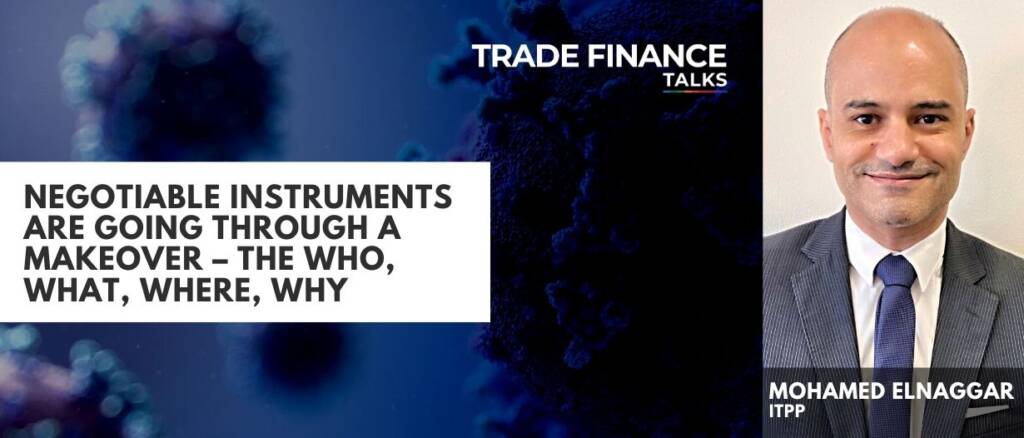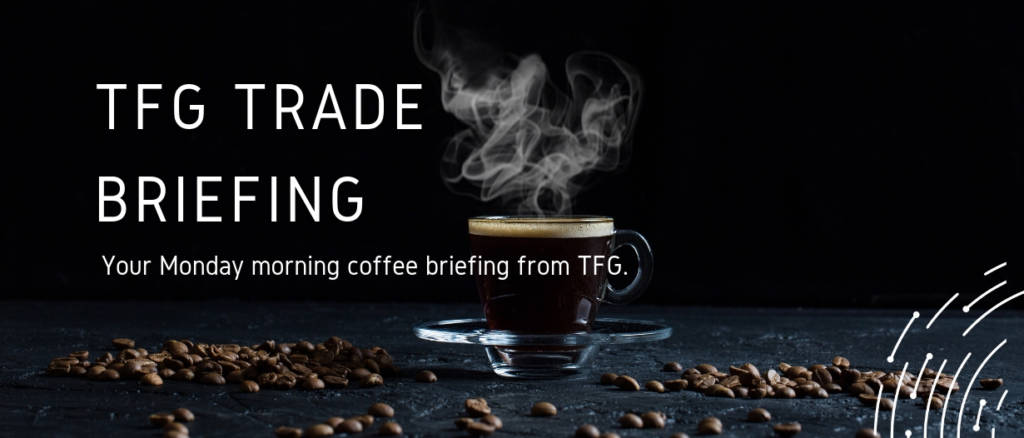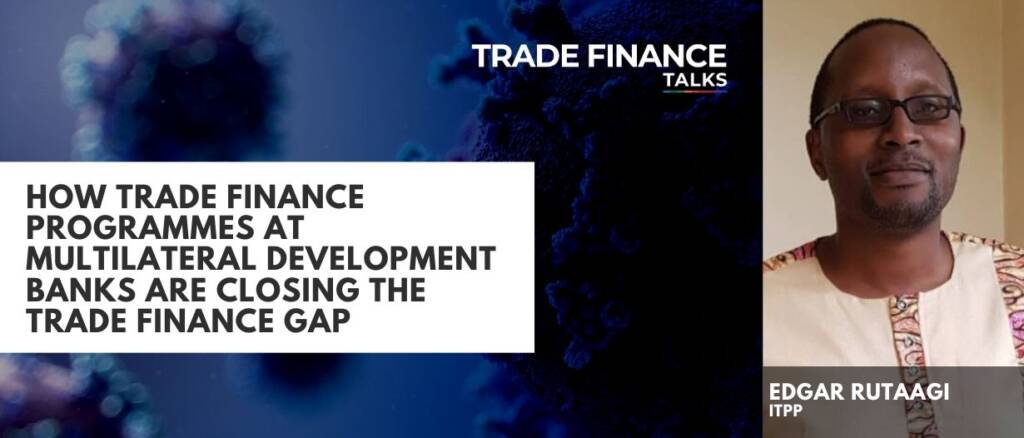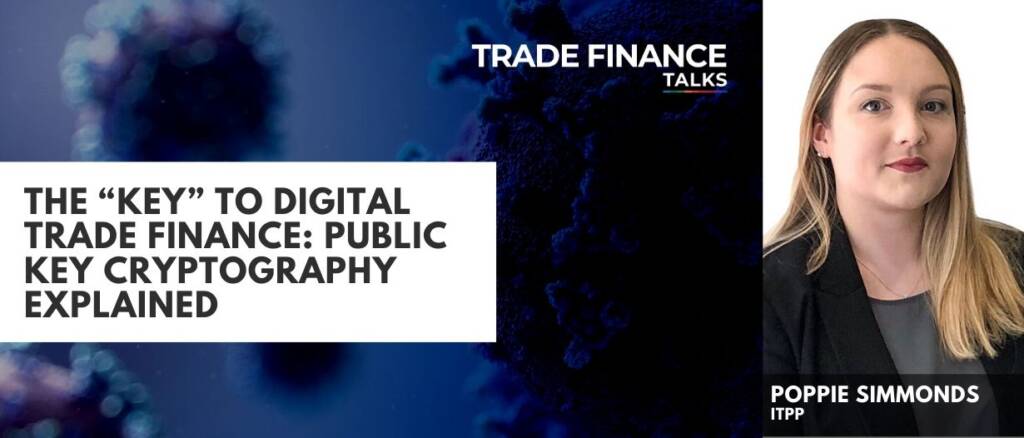By eliminating unnecessary paperwork, Port Community Systems contribute to sustainable transport logistics and support the ambition of meeting global carbon reduction requirements.
Global Credit Data releases extensive analytics on loss given default, including the first complete account of losses from the 2008 financial crisis
If we could picture the TIR system being implemented in the post-Covid era, it will be a step way forward in going paperless, reducing trade barriers, as well as adding value to existing transit transportation systems.
Trade digitization and electronic documents will be the new-norm as a result of the COVID19 pandemic which will accelerate the transformation process.
Your Monday morning coffee briefing from TFG. As countries begin to lift lockdown restrictions, the World Health Organization warned of an “immediate second peak” if measures were lifted too soon. Economic developments in the past few weeks suggest the UK has now passed the peak for both jobs and growth decline.
The value of Trade Finance Programs, which if combined with regulatory and technological innovation, is destined to hasten the closing trade finance gap and bring broader positive economic outcomes for nations.
Unpacking previous events, TFG heard from FCI’s Secretary General Peter Mulroy, comparing how the factoring and receivables industry has fared during previous crises and what we can learn moving forwards.
The utopia of a truly paperless trade finance industry will eventually happen, however one simple question remains: when?
Documentary credit may be one of the most convenient payment method available to buyers and sellers, but one should know its limitation to avoid issues and penalties.
With China receiving global backlash for alleged mishandling of Covid-19 crisis, resulting in businesses pulling out, can its neighboring counties with the latter’s emerging economies seize the opportunity, or is China irreplaceable?















